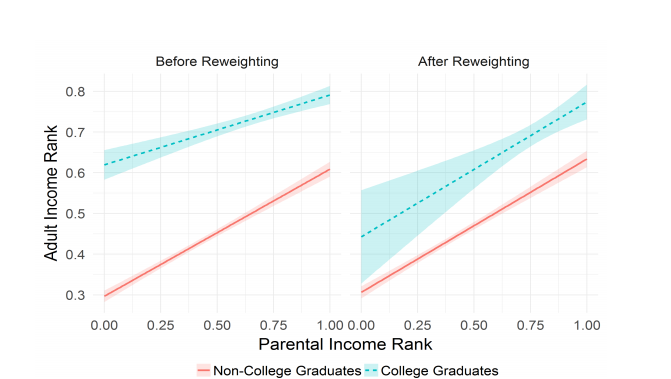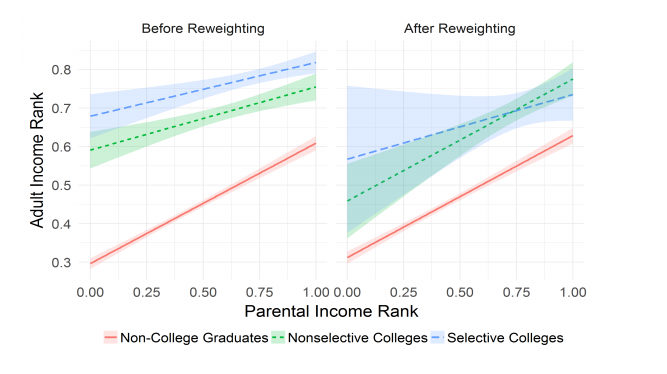This week’s roundup features webinars from NCDD member orgs Living Room Conversations, National Issues Forums Institute, Everyday Democracy, as well as, from Cities of Service and On the Table, and a twitter chat with Bridge Alliance. We shared earlier this week that NCDD member organizations – the Kettering Foundation and NIFI are hosting A Public Voice 2019 on May 9th that will be live streamed on Facebook.
NCDD’s online D&D event roundup is a weekly compilation of the upcoming events happening in the digital world related to dialogue, deliberation, civic tech, engagement work, and more! Do you have a webinar or other digital event coming up that you’d like to share with the NCDD network? Please let us know in the comments section below or by emailing me at keiva[at]ncdd[dot]org, because we’d love to add it to the list!
Upcoming Online D&D Events: Cities of Service, Living Room Conversations, Bridge Alliance, A Public Voice 2019, NIFI, Everyday Democracy, On the Table
Cities of Service webinar – Finding Your Messengers: Lessons on Census Field Recruitment from San Jose
 Wednesday, May 1st
Wednesday, May 1st
12:30pm Pacific, 3:30pm Eastern
One of the greatest challenges that cities will face while preparing for the upcoming 2020 Census is ensuring that accurate and consistent information reaches community members. One strategy that cities can use to ensure an accurate count is to recruit trusted, local community members to serve as field staff and enumerators. Their existing knowledge and relationships allow them to deliver a clear message about the value of being counted and to encourage participation on a more personal level.
REGISTER: https://register.gotowebinar.com/register/6884656227050041357
Living Room Conversations Training (free): The Nuts & Bolts of Living Room Conversations

Thursday, May 2nd
2 pm Pacific, 5 pm Eastern
Join us for 60 minutes online to learn about Living Room Conversations. We’ll cover what a Living Room Conversation is, why we have them, and everything you need to know to get started hosting and/or participating in Living Room Conversations. This training is not required for participating in our conversations – we simply offer it for people who want to learn more about the Living Room Conversations practice.
REGISTER: www.livingroomconversations.org/event/training-free-the-nuts-bolts-of-living-room-conversations-8/
SPECIAL Online Living Room Conversation: Race and Ethnicity Conversation Series

Tuesdays, May 7, 14, 21
11 am Pacific, 2 pm Eastern
Check Out this four-minute video from a previous Race & Ethnicity Conversation Series to get a taste of this conversation! In this series of three in-depth conversations, participants explore the complexities of the concepts of Race, Ethnicity, and their impacts on people from all walks of life. We will cover new questions from the three Race & Ethnicity conversation guides found here.
REGISTER: www.livingroomconversations.org/event/special-online-living-room-conversation-race-and-ethnicity-conversation-series/
Bridge Alliance #DemocracyChat [on Twitter]
 Tuesday, May 7th
Tuesday, May 7th
2 pm Pacific, 5 pm Eastern
On May 7th, @BrdgAllianceUS will ask supporters questions on Money in Politics. The event, titled #DemocracyChat, will give you and anybody else who is interested in this topic to have the opportunity to connect with Bridge Alliance leaders and become part of the conversation. So make sure to follow @BrdgAllianceUS and use the hashtag #DemocracyChat once the questions are revealed next Tuesday at 5 pm Eastern.
A Public Voice 2019 Livestream on Facebook

Thursday, May 9th
9:30am Pacific, 12:30 Eastern
On May 9, 2019, the Kettering Foundation and the National Issues Forums Institute (NIFI) will host A Public Voice 2019 at the National Press Club in Washington, DC. The 9:30-11:30 a.m. Eastern Time, panel discussion will be livestreamed on Facebook, where viewers will be welcome to post their comments.
LEARN MORE: http://ncdd.org/29641
CGA Forum on “A House Divided: What Would We Have to Give Up to Get the Political System We Want?”
 Thursday, May 9th
Thursday, May 9th
9:30am Pacific, 12:30 Eastern
Join us after the 2019 A Public Voice broadcast for a Common Ground for Action forum on “A House Divided: What Would We Have to Give Up to Get the Political System We Want?” We’ll be talking about how to fix our broken political system in three different options.
REGISTER: www.nifi.org/en/events/2019-public-voice-cga-forum-house-dividedwhat-would-we-have-give-get-political-system-we-want
On the Table 101 webinar

Thursday, May 9th
1 pm Pacific, 4 pm Eastern
Join @Lilly Weinberg, Director/Community & National Initiatives at Knight Foundation for this webinar that will give an overview of the history of On the Table, review the basics for implementing this initiative in your community and answer your questions.
REGISTER: www.onthetablenetwork.com/events/299
Everyday Democracy webinar – Civility and Civil Discourse in an Age of Divisiveness
 Our nation is facing a most difficult time in its history, as there seems to be less and less tolerance for different points of view, facts are often ignored to accommodate partisan demagoguery, and antagonism and divisiveness have reached new heights. How can we find new ways to talk to each other across difference? How can we find it in ourselves to be open-minded for considering new ways of thinking? How can we engage with those who hold different views from our own to find common ground, even when we disagree on some key issues? Hosted by UCONN doctoral candidate DANA MIRANDA who is a Connecticut Civic Ambassador, Mr. Miranda co-runs the Initiative on Campus Dialogues and the Encounters Series at UCONN.
Our nation is facing a most difficult time in its history, as there seems to be less and less tolerance for different points of view, facts are often ignored to accommodate partisan demagoguery, and antagonism and divisiveness have reached new heights. How can we find new ways to talk to each other across difference? How can we find it in ourselves to be open-minded for considering new ways of thinking? How can we engage with those who hold different views from our own to find common ground, even when we disagree on some key issues? Hosted by UCONN doctoral candidate DANA MIRANDA who is a Connecticut Civic Ambassador, Mr. Miranda co-runs the Initiative on Campus Dialogues and the Encounters Series at UCONN.
REGISTER: www.facebook.com/events/584605612016588/
 In an age where trust in government (and indeed in all institutions) is at an all time low, and indifference toward local government is at an all time high, the very future of local representative democracy requires leaders with a new skill – an ability to break through cynicism and mistrust and engage residents in local policy. From public safety, to city budgets and spending, to planning and environmental policies, today’s challenges need leaders who can re-vitalize public involvement and lead residents engaged in the difficult work of self-government.
In an age where trust in government (and indeed in all institutions) is at an all time low, and indifference toward local government is at an all time high, the very future of local representative democracy requires leaders with a new skill – an ability to break through cynicism and mistrust and engage residents in local policy. From public safety, to city budgets and spending, to planning and environmental policies, today’s challenges need leaders who can re-vitalize public involvement and lead residents engaged in the difficult work of self-government.
 Thursday, May 9th
Thursday, May 9th
 Thursday, May 9th
Thursday, May 9th Tuesday, May 14th
Tuesday, May 14th



 Erin and I are thrilled to announce the launch of Undivided Nation’s podcast,
Erin and I are thrilled to announce the launch of Undivided Nation’s podcast,  At The Public Square Academy, we believe that a democracy is only as good as the citizens who care for it. We support individuals on their journeys to becoming educated, empowered, and engaged citizens serving the greater common good.
At The Public Square Academy, we believe that a democracy is only as good as the citizens who care for it. We support individuals on their journeys to becoming educated, empowered, and engaged citizens serving the greater common good. Wednesday, May 1st
Wednesday, May 1st Tuesday, May 7th
Tuesday, May 7th